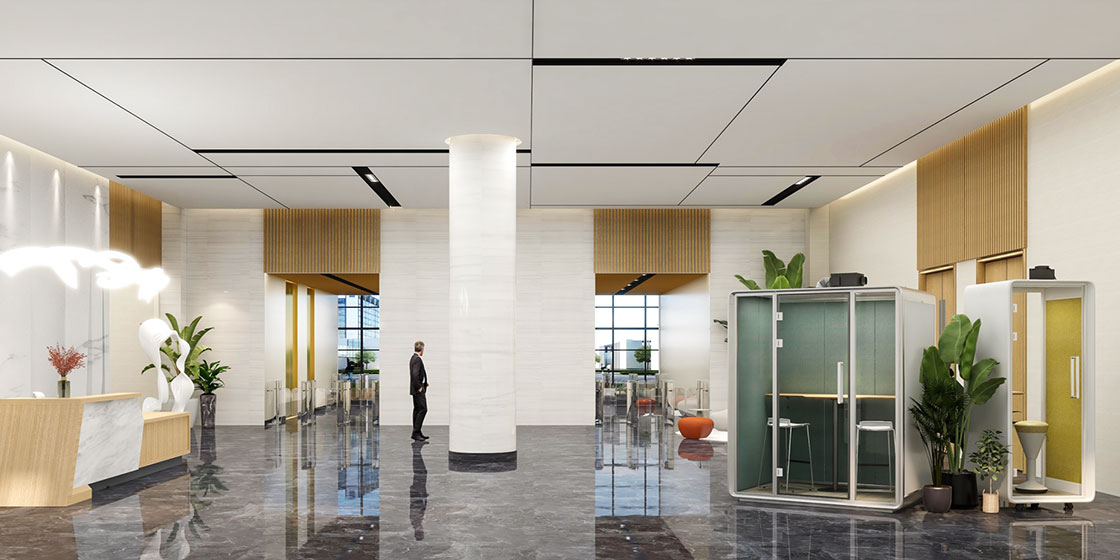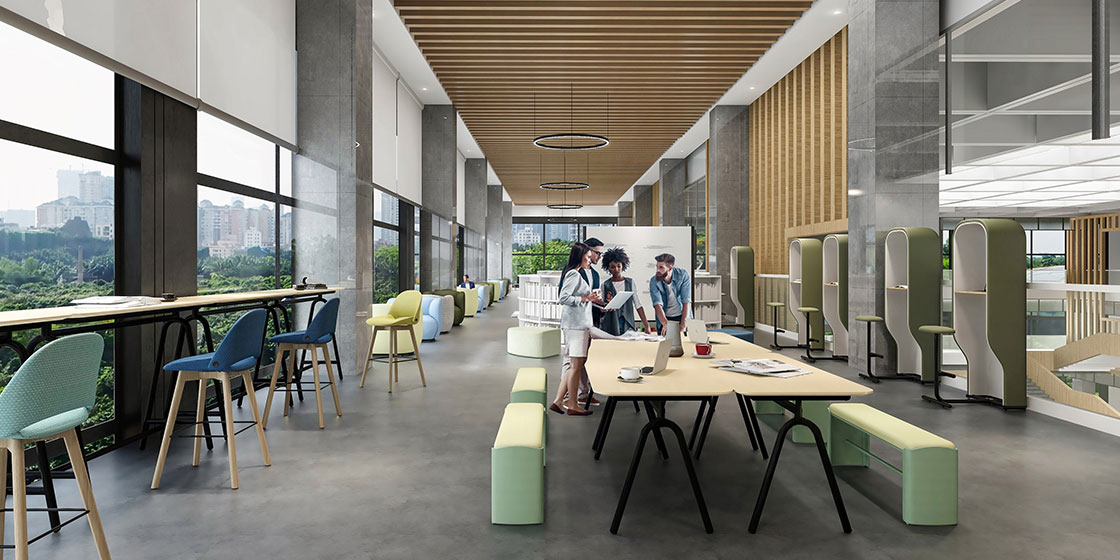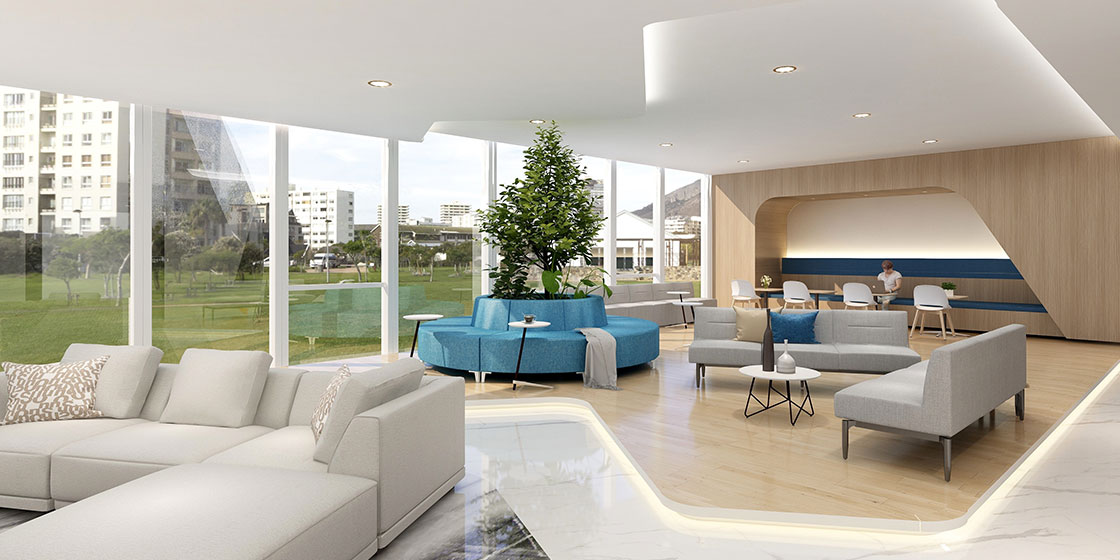
Remote working was already finding its footing in workplace strategies. In 2020, everything changed and businesses were forced to shut their offices and switch to running operations from home. Even when lockdown restrictions were eased gradually, companies preferred remote or hybrid working for their employees. But, with the pandemic still going on, industry experts have questions over the future of the office. Is this the end of the physical office?
However, we don’t think so. There are many benefits of working remotely, but it’s important to remember there are still benefits to having an office space that brings people together. While working remotely may become more common from now on, it does not suggest that office spaces will be obsolete in the future.
Remote working strategies differ from company to company. Not every business can have the luxury of going remote. Let’s look at 7 reasons why physical office space is as important as ever.

Helps in brand perception
Offices help build a brand’s identity. How you create and design your offices, says a lot about your values, culture, and aspirations. It instills confidence in your partners, associates, and customers, and helps determine how your organization is perceived by potential employees and clients.
Promotes professional development
Offices provide better environments for professional development. Junior employees get a first-hand look at experienced employees dealing with different situations and solving problems, which is a great learning experience. There is no substitute for learning on the job and online courses can’t provide that. It helps in their professional development and benefits the organization in the long run.
Easier collaboration
Digital tools for communication and collaboration have helped us in a smoother transition to remote working. But communication is also simpler and more efficient in person. Collaboration is so much easier when your team is in the same room. The give and take of ideas to solve real business problems feel more organic and exciting with team members. Also, employees are less likely to neglect their responsibilities when surrounded by colleagues.

Relationship building
Offices give colleagues the chance to bond and provide great environments for teambuilding. Meeting customers face to face is better for understanding their individual needs. For example, it’s integral for people in sales to meet new people, establish relationships, and create repeat business down the line.
Better security
Data protection is a big issue in remote working. Offices have rigorous firewalls and security protocols, while computers at home do not. Also, if you are working from a shared workspace, getting privacy might be an issue for your confidential calls. In offices, the company’s assets are in a safe place.
More Amenities and fewer distractions
Offices have all the amenities and technologies for in-person and hybrid working, which is not possible to have for remote workers. In offices, you get ergonomic premium furniture, a high-rise view, rooms for personal and social needs, and many other facilities which are not available at home. Also, while working from home and when in need of a focus mode, it’s not easy to completely separate us from the distractions and temptations.

Fosters company culture
The office is the core of a company and gives you a chance to come together and build a culture, practices, and way of working. The culture a company provides for its staff has a huge bearing on the types of talents it retains and attracts. Celebrations, training classes, and team lunches are all better when they are in-person.
The Takeaway
In this digital age, work and home are getting intertwined and offices provide a separate identity to work. Everyone needs an optimized office space that supports hybrid working catering to the needs of the workers. Physical office spaces are invaluable for both your team and your clients and we cannot underestimate the value of in-person exchange of ideas between people. So, it’s safe to say offices will continue to matter in the foreseeable future.